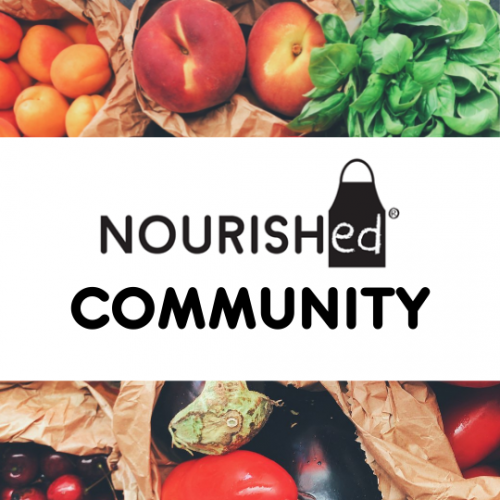Fibre and Fermentation
What we eat is one of the most important factors influencing our health. One of the best things you can do for your diet is to eat plenty of fibre, fermented foods and a wide variety of plant-based options.
What is fibre?
Fibre is a part of plant foods that we don’t digest, this means it moves through our digestive system unchanged. Once it reaches the large intestine the bacteria in our gut loves to eat it, and in doing so produce lots of helpful substances which have immune and mood-boosting effects on the body.
You may think that you eat plenty of fruits and vegetables, but our diets can get quite limited and repetitive. The government recommendation is for 30 grams of fibre per day, where for the average person it is around 12 grams. Those who eat a diverse diet of fruits and vegetables, nuts, seeds, beans, and pulses tend to have a more diverse gut which is a great thing in relation to our health and wellbeing. By rotating the whole grains and plant-based foods you eat you are continually giving your gut bacteria something different to eat.
Adding a different type of veg to your evening meal each day and looking for colours with the aim to 'eat a rainbow' is a great place to start!
What is fermentation?
Fermented foods have live microbes in them, and they count as a probiotic. They introduce microbes into the gut that wouldn’t normally be there and can help maintain a healthy intestinal lining, improve digestion and keep our bowel regular. Fermented foods include natural live yoghurt, sauerkraut, kimchi, kombucha and kefir. If you’re not familiar with some of those foods, don’t worry – we are here to explain more!
Fermentation has been used as a food preservation method for thousands of years and, depending on the cultures used and selected food, it creates some unique tangy flavours.
Kefir
Kefir is a type of sour milk that has 5 times the microbes of yoghurt! It may be an acquired taste but it allows healthy bacteria into our system that can regulate the immune system and impact behaviour and brain function.
Sauerkraut and Kimchi
Fermented foods can be sour and salty but the main two are sauerkraut and kimchi. These can be included as a type of relish, put on the side of your plate or stirred into dishes at the end of cooking (so you don’t kill the heat sensitive bacteria). Sauerkraut is made from raw cabbage which is full of fibre, vitamin C, and vitamin K that the microbes love to eat. Kimchi has gained superstar status in the kitchen, with a complex flavour and a variety of uses, it’s easy to see why. Kimchi is made from vegetables, garlic, ginger, and fish sauce and it works as a condiment, an ingredient, a dip, and a side dish all on its own.
Kombucha
Kombucha is a type of fermented tea, using yeast and bacteria to convert carbohydrates to alcohol or organic acids. These organic acids have been shown to be beneficial for gut health and immune systems.
Try it yourself
Why not have a go at making your own kimchi, sauerkraut or kefir? Find some recipes here on the BBC Good Food website.

Want more great tips like this? NourishEd has a weekly newsletter on healthy eating, cooking skills and fighting food waste in the home.




